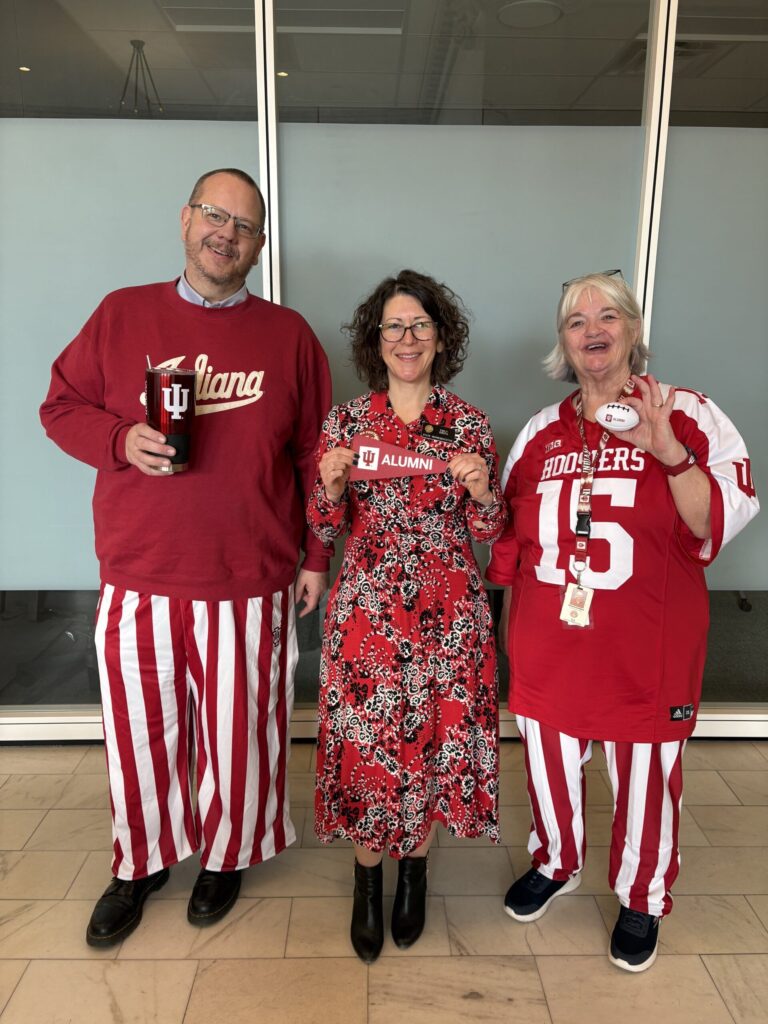State lawmakers can boost public safety by supporting the call-before-you-dig law

Transportation, PERA reform, and school safety have dominated legislative news for months. But, it’s important to take note of the fact that legislators have been hard at work on a broader agenda of issues including a critical update to the 811 program.
Colorado’s 811 One-Call Program was created in 1981 to prevent injury and property damage resulting from accidents during excavation. The program established a single statewide notification system to protect consumers and alert excavators of crucial information regarding the location of underground facilities prior to digging. The system significantly reduces risk of injuries and damages.
811 may not be one of the most exciting issues being discussed in the halls of the State Capitol, but it does have significant, real-world impacts on the safety of Coloradans. Consider the implications of someone not calling before a project. Without the 811 program, he or she could begin digging, accidently cut a gas, cable or water line, placing people at risk of serious injury or even death – not to mention the cost to consumers.
Of course, the 811 program is not only a cost saving resource, it is also a crucial safety tool for large scale industrial excavation ranging from construction to agriculture.
After nearly four decades with no significant updates, the 811 program has fallen behind the evolution of technology and best practices. SB 18-167 is an opportunity to improve the program and bring it into the 21stcentury. After months of statewide meetings, negotiations, and education efforts, a broad and diverse coalition of industry, consumers, and lawmakers has developed a much-needed update to 811. With less than a month left in the legislative session, it’s time to vote yes and pass this important legislation.
In a nutshell, SB 18-167 updates best practices, provides for tier transition, and creates a much-needed enforcement provision. Important elements of the bill include:
Join me in supporting SB 18-167 and urge lawmakers to vote YES.














